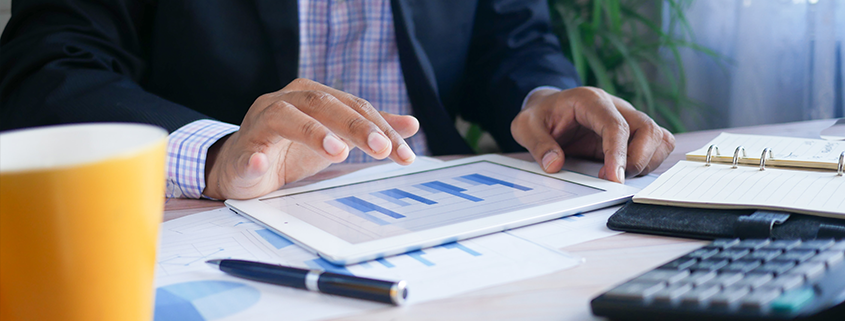By Jacco De Jong, Global Head of Sales, Bolero International
Digitisation of global trade has gained greater urgency since the pandemic but its still a long way off. So many processes still rely on paper documents such as bills of lading used under open account, documentary collections and letters of credit transactions.
This reliance on paper increases risk and takes up huge amounts of time for staff at trade finance banks, exporters, importers, carriers, forwarders and port authorities. Paper documents go missing, are prone to forgery and generate large overheads.
The real rewards of digitising trade documents
Digitisation removes all these disadvantages, using secure and legally recognised electronic versions of trade documents that organisations exchange in encrypted form. Documents are unique, and constantly visible on a secure trade digitisation platform where they are protected from tampering by embedded digital audit trails. Their transfer at the click of a mouse eliminates costly delays when paper documents fail to arrive on time.
Last year, the G7 countries sought to advance digitisation with publication of a framework for collaboration on electronic transferable records. And it is encouraging to see the Digital Container Shipping Association (DCSA), BIMCO, FIATA, ICC and SWIFT recently formed the Future International Trade Alliance (FITA) and signed a memorandum of understanding to standardise digitisation of international trade.
Yet agreement on, and subsequent usage of, digitisation standards is unlikely to happen soon with so many organisations involved, including the UN and WTO. There are many associations, different jurisdictions, individual government authorities and representatives of invested parties.
Global trade is likely to adopt multiple standards
The wait for standardisation is in part paralysing digitisation. It is time for banks and corporates to realise that rather then one standard, multiple standards are likely to apply in future, as they do in other fields.
It is why an increasing number of organisations – especially in South Asia and the Far East – recognise they need to deploy solutions that already deliver results. Current SaaS trade digisation platforms provide significant efficiencies they cannot ignore. These SaaS platforms digitise trade documents and have extensive networks among leading trade finance banks, carriers, importers and exporters. They come with the approval and recognition of industry bodies such as the International Group of P&I Clubs.
When banks deploy them as portals they provide end-to-end visibility of all transactions for corporate customers, vastly improving their experience. They relieve them of many time-consuming tasks and reduce overheads, offering far more choice of risk mitigation and financing options. They are also capable of exchanging data securely and rapidly with other systems, which is vital if digitisation is to extend along the whole global supply chain. This streamlining of processes eliminates the delays common with paper documents.
A key feature of a SaaS platform such as Bolero’s Galileo is that it also operates according to proven rulebooks which is an increasingly common practice in digital B2B networks, especially when written under internationally recognised jurisdictions such as the English common law. Galileo also offers a range of advanced services such as AI-based document verification, which further accelerates processes.
Move forward with trade digitsation now
Banks, carriers and corporates in all parts of the worlds must realise there is no point waiting for global agreement on trade digitisation standards. The obvious advantages of current digitisation solutions make plain that if organisations hold back, they risk losing out to those adopting platforms already in use and likely to become part of future standards anyway. It is hard to see any new international standard excluding digitisation platforms that have already achieved significant acceptance and uptake. Banks and corporates should simply get on with digitisation now.




